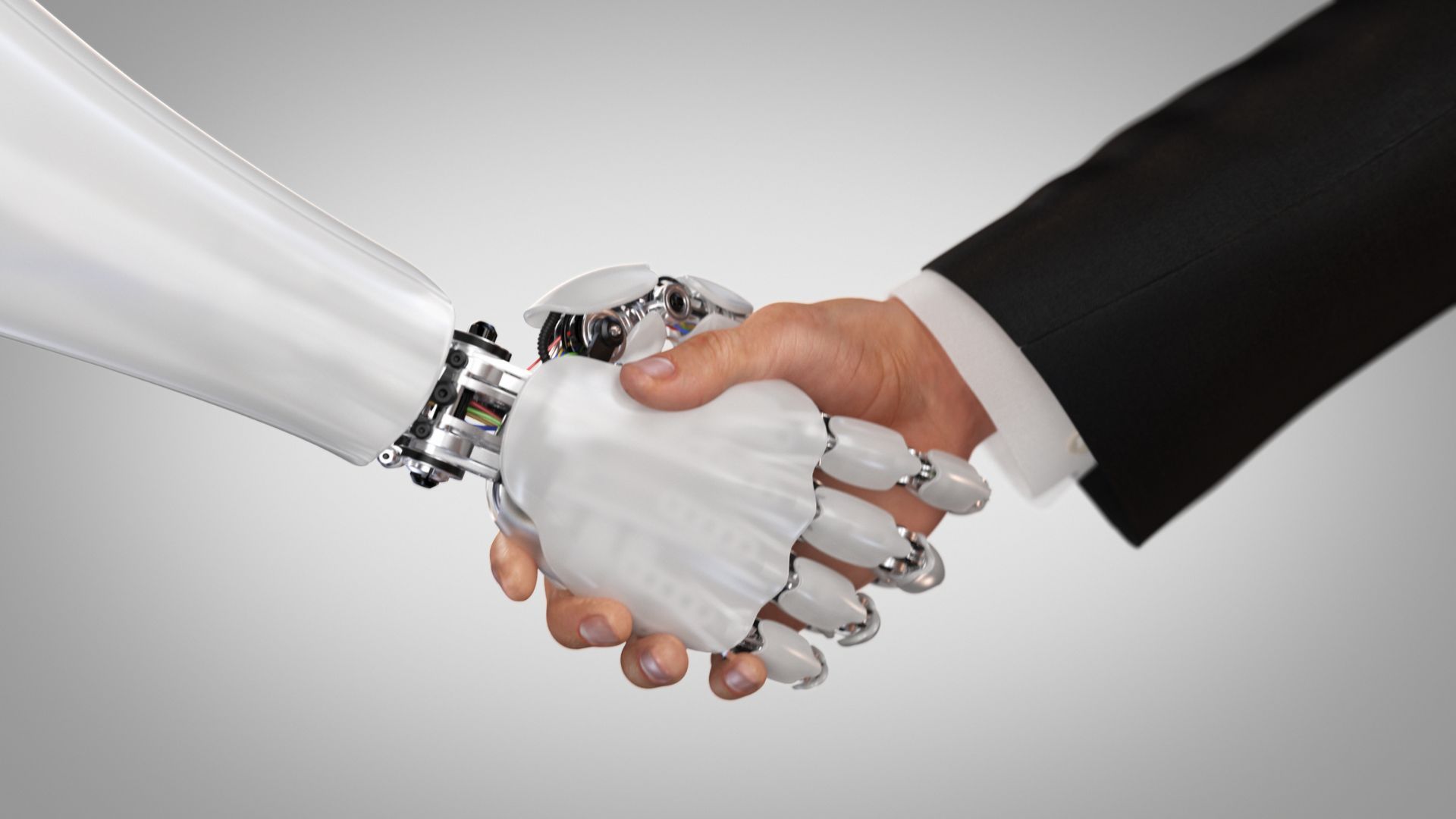Navigating the era of automation: Strategies for upskilling and reskilling

In an era marked by rapid technological advancements and the relentless march of automation, the workforce landscape is constantly evolving. Employees who once possessed the necessary skills and expertise to excel in their roles may suddenly find themselves facing obsolescence. To thrive in the age of automation, continuous learning and skill development are no longer optional but imperative.
The automation challenge
Automation and artificial intelligence are revolutionising industries across the board. While this technological shift brings undeniable benefits, it also poses a profound challenge to the workforce. Jobs that were once secure can become obsolete, and employees must adapt to remain competitive.
Upskilling vs. Reskilling
Upskilling refers to enhancing existing skills and knowledge to keep up with evolving job requirements. It’s about staying relevant and competitive within one’s current field. Reskilling involves acquiring an entirely new set of skills, often transitioning to a different job or career altogether. But what is the importance of upskilling and reskilling?
- Remaining relevant: continuous learning ensures employees stay current in their roles.
- Career advancement: upskilling opens doors to new opportunities and career growth.
- Adapting to change: reskilling prepares employees to navigate significant industry changes. It serves as a lifeline for those at risk of job displacement due to automation.
- Enhanced employability: reskilled employees become more versatile and can pursue diverse career paths, boosting their employability, even in different sectors from their initial field.
In the age of automation, upskilling and reskilling are the linchpins of career sustainability. Employees who invest in their skills and knowledge will remain relevant and adaptable in a rapidly changing work environment. Organisations that prioritise upskilling and reskilling will not only retain valuable talent but also position themselves for continued success.
Organisations’ role in upskilling and reskilling
Organisations bear a significant responsibility in the upskilling and reskilling process. Here are ways they can help employees adapt to the age of automation:
- Identify skill gaps: conduct regular assessments to identify skill gaps within the workforce. Knowing where improvement is needed is the first step towards effective upskilling and reskilling.
- Invest in training and development: allocate resources for training and development programmes. These can include workshops, courses, and e-learning platforms to facilitate skill enhancement.
- Mentoring and coaching: encourage experienced employees to mentor and coach their colleagues. This knowledge transfer can be highly effective in enhancing skills.
- Flexible work arrangements: support employees in balancing work and learning by offering flexible schedules or remote working options.
- Financial support: provide financial incentives, such as tuition reimbursement or grants, to support employees in their upskilling and reskilling efforts.
- Create a learning culture: foster a culture of continuous learning within the organisation, where employees are encouraged to take ownership of their development.
Find the job you love I Find the right talent
Get in touch with people2people
Australia
I
United Kingdom
In business since 2002 in Australia, NZ, and the United Kingdom, people2people is an award-winning recruitment agency with people at our heart. With over 12 offices, we specialise in accounting and finance, business support, education, executive, government, HR, legal, marketing and digital, property, sales, supply chain, and technology sectors. As the proud recipients of the 2024 Outstanding Large Agency and Excellence in Candidate Care Awards, we are dedicated to helping businesses achieve success through a people-first approach.
Recent articles





Latest Media Features
List of Services
-
Burnout Crisis: 2 in 5 workers already burnt outBurnout Crisis: 2 in 5 workers already burnt out
Ultra 106five
March 28, 2025 -
Friendship in the workplace: Do employees want to be friends?Friendship in the workplace: Do employees want to be friends?
Human Resources Online
March 28, 2025 -
Dry promotions': Australian employees given new titles with no pay hikeDry promotions': Australian employees given new titles with no pay hike
Human Resources Director
Janurary 10, 2025
List of Services
-
Burnout Crisis: 2 in 5 workers already burnt outBurnout Crisis: 2 in 5 workers already burnt out
-
Friendship in the workplace: Do employees want to be friends?Friendship in the workplace: Do employees want to be friends?
-
Dry promotions': Australian employees given new titles with no pay hikeDry promotions': Australian employees given new titles with no pay hike
Get in touch
Find out more by contacting one of our specialisat recruitment consultants across Australia, New Zealand, and the United Kingdom.
Copyright © 2025, people2people
people2people acknowledges the Traditional Custodians of country, pays respect to their Elders past and present, and extends that respect to all Aboriginal, Torres Strait Islander and Māori peoples today.
people2people partners with CarbonInvoice to measure and mitigate any carbon emissions associated with the work we do.
Specialisations
Locations
Resources

